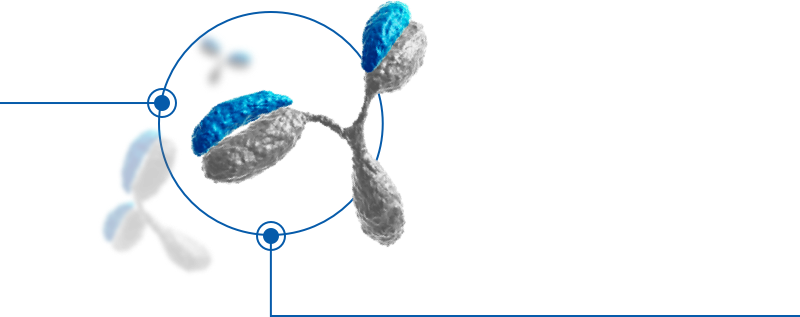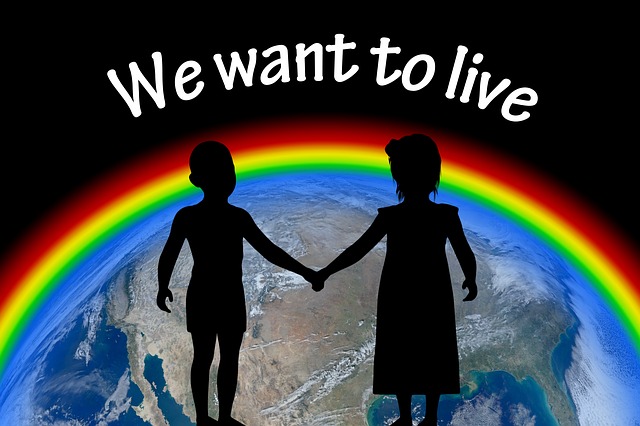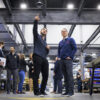Coronavirus News
Coronavirus A coronavirus vaccine is a chance for China to show its scientific muscle
As the global race for a COVID-19 vaccine heats up, the U.S. is looking to prove it can deliver in a national crisis while China is in its own moment to demonstrate its scientific capabilities.The big picture: Beyond protecting citizens and bolstering the economy, displays of scientific prowess and tilting geopolitics are driving the development…

Coronavirus
As the global race for a COVID-19 vaccine heats up, the U.S. is looking to prove it can deliver in a national crisis while China is in its own moment to demonstrate its scientific capabilities.
The big picture: Beyond protecting citizens and bolstering the economy, displays of scientific prowess and tilting geopolitics are driving the development of new vaccines and drugs.
China is “very mindful that the eyes of the world are watching them,” says virologist Richard Kuhn of Purdue University.
- “They want to demonstrate that China is not an emerging power, but a power comparable to the U.S.,” he adds.
What’s happening: Of the 202 COVID-19 vaccines in development around the world, 20 involve teams in China, per the Milken Institute.
- The Chinese teams are taking several approaches — from traditional ones that use inactivated forms of the virus to spur immunity to more experimental DNA and RNA vaccine platforms that have yet to be approved for human use for any virus.
- The vaccines from China are in various stages of development, but three — from Sinopharm and Sinovac Biotech — are in phase III human trials.
- China has controlled the country’s outbreak to the point that it has had to look abroad — to Brazil, Indonesia and the UAE, for example — to test the vaccines on a larger scale.
- It is also, controversially, testing vaccines on members of the military and construction workers traveling overseas.
There’s a lot at stake for China in this urgent moment — but also beyond it.
- The country has invested heavily in R&D over the past two decades, aiming to become a scientific powerhouse on the global stage — especially in biotechnologies.
- China already produces about 20% of the world’s vaccines. But shifting from research-for-hire and pharmaceutical manufacturing to discovering and developing new drugs is a priority under President Xi Jinping’s “Made in China 2025” plan.
Researchers in the country are pushing scientific boundaries — and at times sparking controversy — in cloning and regenerative medicine, gene editing and other areas of biomedicine.
- And China has built up its scientific infrastructure and instrumentation, constructing maximum-security biological laboratories, purchasing sophisticated cryo-electron microscopes and running massive numbers of genome sequencers — all powerful tools and major scientific status symbols.
- Another key prong of the strategy has been attracting researchers trained overseas back to China, says Ray Yip, a former director of the U.S. CDC‘s office in China.
“China’s part in this is not just the immediate race for the first safe and effective vaccine — it’s really the culmination of a much longer strategic plan that they have,” says David Fidler, an expert on cybersecurity and global health at the Council on Foreign Relations.
The headwinds: Biotech in China faces hurdles, including a continued reliance on Western countries to train researchers, and the common challenge that, even with resources and experience, it is just plain difficult to discover drugs and create vaccines.
And a lack of transparency in the political system can affect the perception of science at home and abroad.
- Prior to the pandemic, Chinese citizens’ trust in their country’s vaccine companies was rattled by bribery scandals and problems with ineffective vaccines.
- In the current pandemic, the Chinese government — from local to central levels — has been criticized for its early actions, including delays in the release of the SARS-CoV-2 genome sequence and information about human-to-human spread of the virus.
- Yes, but: “WHO experts genuinely thought Chinese scientists had done ‘a very good job’ in detecting and decoding the virus, despite the lack of transparency from Chinese officials,” AP reported in June.
On the global scientific stage, transparency and data-sharing are key to science being verified and trusted.
- Russia last week announced it had approved the world’s first COVID-19 vaccine before completing phase 3 trials in humans and without publicly releasing data about the vaccine, a move that drew skepticism and criticism among scientists.
- From China, CanSino Biologics and Sinopharm recently published results from Phase 1 and 2 trials of their vaccine in scientific journals.
- Russian and Chinese hackers have been accused of trying to steal coronavirus vaccine research from the U.S.
Keep in mind: “So much of vaccine development is a game of chance,” says Ryan Ritterson of Gryphon Scientific, a consulting firm that focuses on life sciences. “Failure doesn’t necessarily mean they aren’t where they need to be.”
What to watch: Vaccine diplomacy is underway, with Pakistan, the Philippines and others entering deals for testing vaccines from China, per WSJ.
- “A vaccine can be a channel for increasing influence, and the IOUs it builds up strategically around the world are intended to increase China’s prestige vis-a-vis the U.S.,” says Fidler.
The bottom line: “If China is one of the first to develop a safe and effective vaccine, they would be in an extraordinary diplomatic and scientific moment in how they chose to share it,” says Ritterson.
Editor’s note: This story has been updated to include information about Russian and Chinese hackers accused of targeting U.S. vaccine research.

Subscribe to the newsletter news
We hate SPAM and promise to keep your email address safe



















